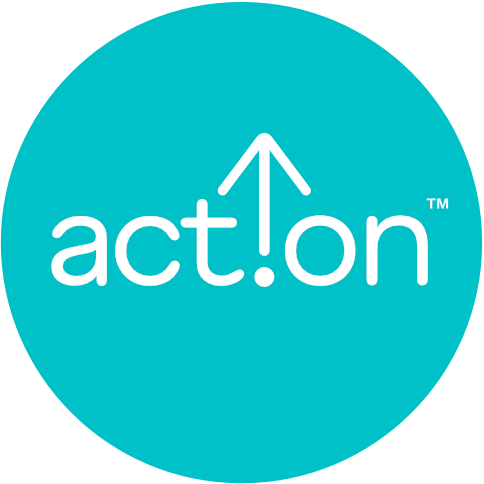While business routines are an integral part of day-to-day operations, they are often overlooked due to various factors. In order to maintain a successful and efficient business, it is essential to establish routines that help to streamline and automate various tasks.
Business routines are the repeated and recurring set of actions that are taken by a business or an organisation to accomplish specific tasks. These routines can vary depending on the industry, size of the organisation, and the type of tasks required to be performed.
In this blog post, we will discuss some of the most common business routines that are prevalent across various industries and departments, all interdependent for information from each other to support ongoing business routines.
- Operational / administrative tasks
Administrative tasks are the most basic business routines that include managing many activities such as office premises and facilities for example air conditioners, office equipment, fleet management (vehicles and trucks licenses), health and safety reviews and subscriptions to mention a few. These tasks may seem trivial, but they are essential and critical for the smooth functioning of a business operations avoiding compliance and financial implications.
- Financial management
Financial management routines involve managing finances, budgets, and financial reporting. This includes paying bills, invoicing, managing accounts payable and receivable, tracking expenses, and preparing financial statements.
- Human resources
Human resources routines involve managing employees, their contracts, and other related activities. This includes recruiting and hiring employees, managing employee benefits and compensation, conducting employee performance reviews, and managing employee records and contracts.
- Customer service
Customer service routines include handling customer complaints, providing support, and ensuring customer satisfaction. This includes answering customer inquiries, handling returns and refunds, and providing after-sales support.
- Marketing and sales
Marketing and sales routines involve developing and executing marketing strategies, identifying target audiences, generating leads, and closing sales. This includes creating marketing materials, developing promotional campaigns, and analysing customer behaviour.
- Project management
Project management routines involve planning, executing, and monitoring projects to ensure their successful completion. This includes defining project objectives, creating project plans, assigning tasks, tracking progress, and managing project risks.
- Information technology
Information technology routines involve managing many vendor subscriptions, computer systems, networks, and software applications. This includes maintaining hardware and software, providing technical support, and managing cybersecurity risks.
In Conclusion
Establishing routines that cover these areas can help businesses to operate more efficiently and effectively. While the above routines may not apply to every business, they offer a good starting point for businesses to establish their own set of routines tailored to their specific needs.
With the Act On Routine platform, we take the complexity away from your business with our Power of Routine Framework enabled through our key features, helping your business stay on top of your routines every step of the way.
Sign-up now to our Waitlist list at www.actonroutine.com to discover more.

